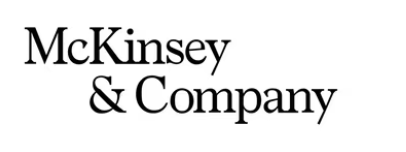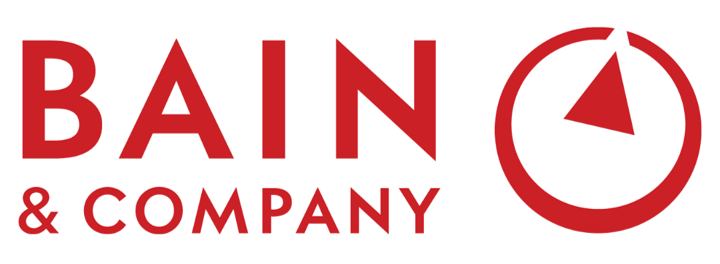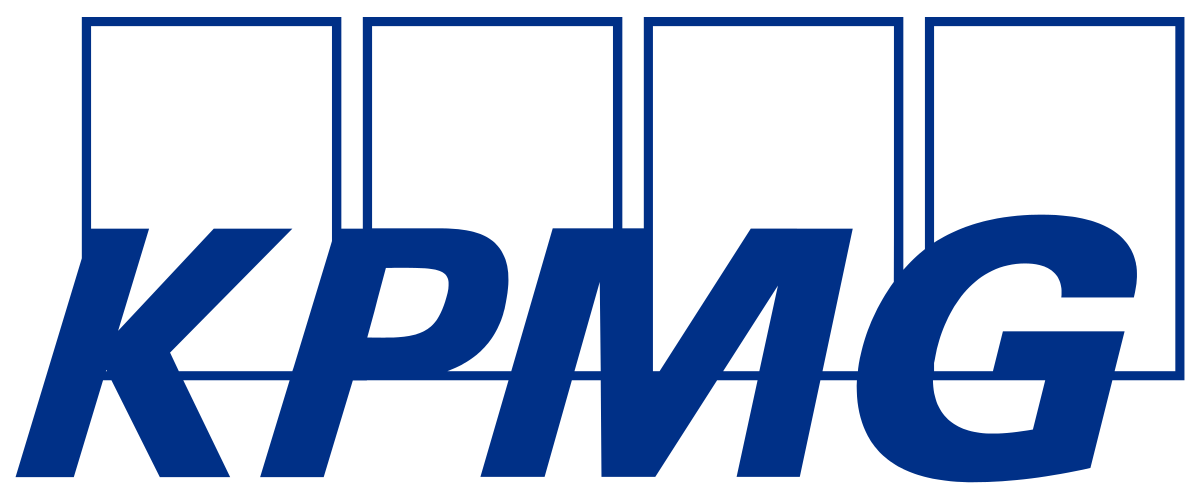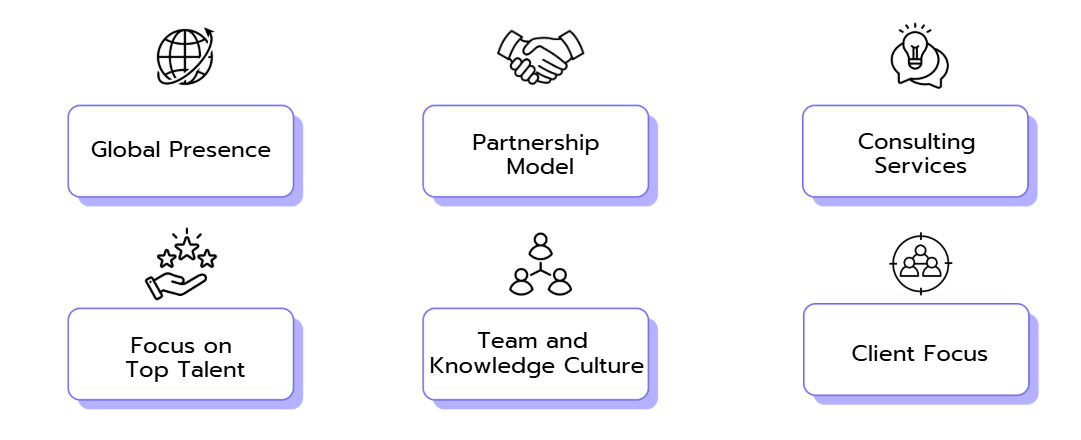If you’re thinking about a career in consulting, chances are you’ve come across terms like “Big Three” or “Big Four.” But what do they actually mean – and how are these firms different from each other?
Here’s the short version: The Big Three, also known as MBB, stands for McKinsey, BCG, and Bain – the three largest and most prestigious strategy consulting firms in the world. The Big Four – Deloitte, PwC, EY, and KPMG – originally come from accounting, but today they’re also major players in consulting.
A lot of aspiring consultants dream of landing a job at one of these big-name firms. But with so many different terms, it's easy to get confused. That's why you'll find an overview here of which company belongs to which category, what makes them special and why it's worth getting to know them – and help you figure out which firm might be the best fit for you.
Let’s start! 🚀














